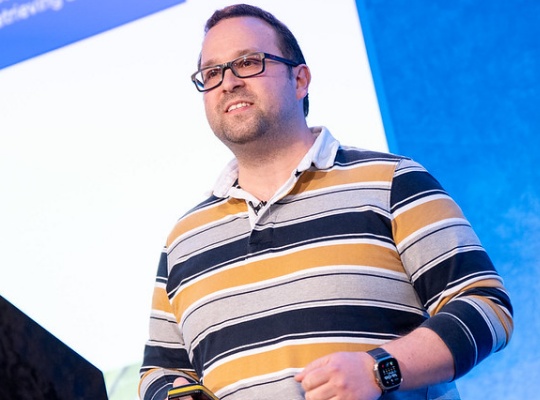Codetown
Codetown ::: a software developer's community
Backtracking to iPhone OS 3.0
Tags:
Replies to This Discussion
-
Permalink Reply by Eric Lavigne on February 17, 2010 at 10:19am
-
Upgrade xCode?
-
-
Permalink Reply by Kevin Neelands on February 17, 2010 at 10:35am
-
Did that, get the same message. Frustrating thing is, the list of allowed OSs includes 3.1.2 and 3.2. But I'm really programming to the lowest common denominator - programming to 3.0 keeps the potential customer base wide. Not that it really matters.
Eric Lavigne said:Upgrade xCode? - Attachments:
-
-
 ScreenDump.jpg, 121 KB
ScreenDump.jpg, 121 KB
-
-
-
Permalink Reply by Walt Sellers on February 17, 2010 at 10:37am
-
Moving down in version involves having the iPhone OS distribution file for that. Its possible its already in your iTunes records. There are instructions out there, but the main thing is holding down the option key while clicking the restore button. iTunes will prompt you to pick which system files to use.
Alternatively, if you upgrade to the latest XCode and iPhone SDK, you will be able to build for your iPhone without needing to restore it. (Assuming you don't specifically need 3.0 for testing on the device.)
As a developer, keep in mind when upgrading that upgrading to beta versions of iPhone OS are often one-way and cannot be undone. (Not the case for you, but worth noting since the topic is downgrading.) -
Notes
Welcome to Codetown!
 Codetown is a social network. It's got blogs, forums, groups, personal pages and more! You might think of Codetown as a funky camper van with lots of compartments for your stuff and a great multimedia system, too! Best of all, Codetown has room for all of your friends.
Codetown is a social network. It's got blogs, forums, groups, personal pages and more! You might think of Codetown as a funky camper van with lots of compartments for your stuff and a great multimedia system, too! Best of all, Codetown has room for all of your friends.
Created by Michael Levin Dec 18, 2008 at 6:56pm. Last updated by Michael Levin May 4, 2018.
Looking for Jobs or Staff?
Check out the Codetown Jobs group.
InfoQ Reading List
MySQL 9.6 Changes Foreign Key Constraints and Cascade Handling

MySQL is changing the way foreign key constraints and cascades are managed. Starting with MySQL 9.6, foreign key validation and cascade actions are handled by the SQL layer rather than the InnoDB storage engine. This will improve change tracking, replication accuracy, and data consistency, making MySQL more reliable for CDC pipelines, mixed-database environments, and analytics workloads.
By Renato LosioVercel Releases React Best Practices Skill with 40+ Performance Rules for AI Agents

Vercel has launched "react-best-practices," an open-source repository featuring 40+ performance optimization rules for React and Next.js apps. Tailored for AI coding agents yet valuable for developers, it categorizes rules based on impact, assisting in enhancing performance, bundle size, and architectural decisions.
By Daniel CurtisKubernetes Introduces Node Readiness Controller to Improve Pod Scheduling Reliability

The Kubernetes project recently announced a new core controller called the Node Readiness Controller, designed to enhance scheduling reliability and cluster health by making the API server’s view of node readiness more accurate.
By Craig RisiPresentation: Platforms for Secure API Connectivity With Architecture as Code

Jim Gough discusses the transition from accidental architect to API program leader, explaining how to manage the complexity of secure API connectivity. He shares the Common Architecture Language Model (CALM), a framework designed to bridge the developer-security gap. By leveraging architecture patterns, engineering leaders can move from six-month review cycles to two-hour automated deployments.
By Jim GoughMicrosoft Open Sources Evals for Agent Interop Starter Kit to Benchmark Enterprise AI Agents

Microsoft's Evals for Agent Interop is an open-source starter kit that enables developers to evaluate AI agents in realistic work scenarios. It features curated scenarios, datasets, and an evaluation harness to assess agent performance across tools like email and calendars.
By Edin KapićSwitch to the Mobile Optimized View
© 2026 Created by Michael Levin.
Powered by
![]()